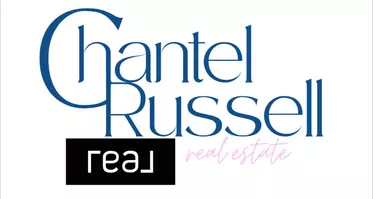
The #1 Thing Sellers Need To Know About Their Asking Price
When you put your house on the market, you want to sell it quickly and for the best price possible; that's generally the goal. But too many sellers are shooting too high right now. They don’t realize the market has shifted as inventory has grown. The side effect? Price cuts are on the rise, but they

Curb Appeal Projects to Focus On If You Want To Sell Your Home This Spring
What is curb appeal?To put it simply, curb appeal refers to the attractiveness of a home's exterior. It’s how welcoming a house looks from the street, which includes landscaping, exterior maintenance, architecture, and overall appearance.

The Best Week To List Your House Is Almost Here – Are You Ready?
If selling your house is on your to-do list this year, the time to start prepping is now. That’s because experts say the best week to list your house is coming up fast.A recent Realtor.com study analyzed years of housing market trends (excluding 2020 since it was an outlier) and found that April 13–

What To Do If Your House Didn’t Sell
Some HighlightsLast year, as many as 1 in 3 sellers took their home off the market because it wasn’t selling.If this happened to you too, you don’t need to be embarrassed. What you need are answers. And a local real estate agent can help with that by seeing if it was priced too high, needs some repa
Categories
Recent Posts










